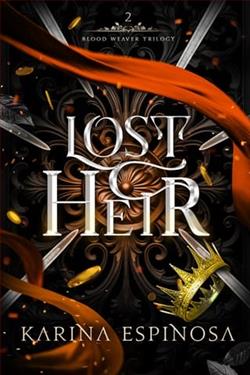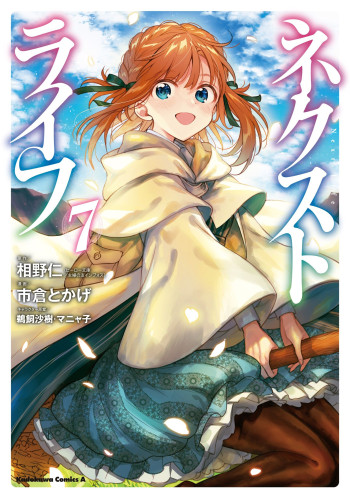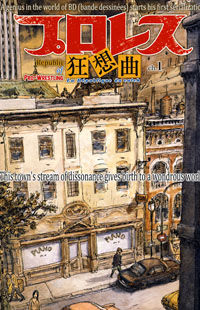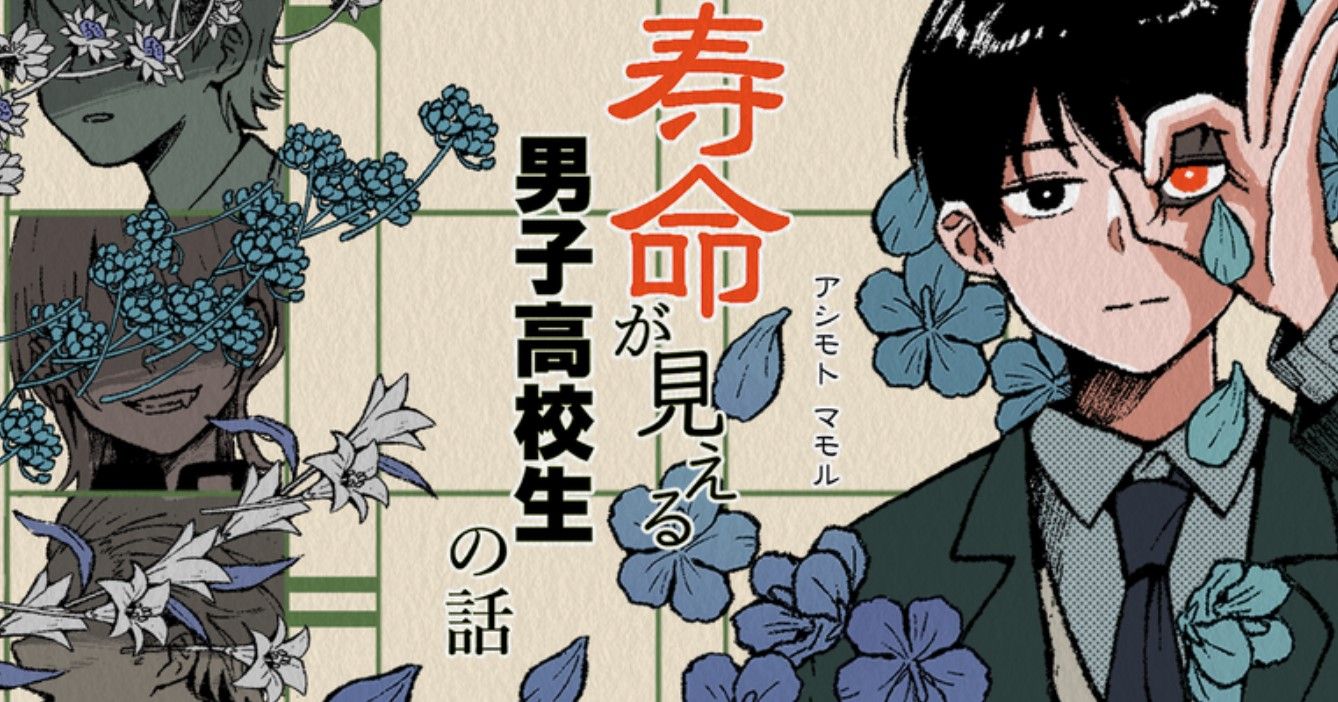Martial Peak Reviews
Karina Espinosa's Lost Heir, the sequel to Blood Weaver, is a captivating continuation of a fantasy romance saga that delves deeper into the intricate web of politics, identity, and love. The novel picks up with Leila, now revealed as Princess Lyanna of Valoria, as she navigates the treacherous waters of her newfound royal identity and the complex relationships that come with it. Espinosa crafts a narrative that is as much about personal discovery as it is about the broader political machinations at play in the world of Asteria.
One of the most compelling aspects of Lost Heir is its exploration of identity and the burdens of legacy. Leila's transformation into Princess Lyanna is not just a change in title but a profound shift in her understanding of herself and her place in the world. Espinosa deftly portrays Lyanna's internal struggle as she grapples with the expectations of her royal heritage and the personal desires that conflict with her duties. This theme of identity is further complicated by the presence of Ronan, a character whose own past and motivations are shrouded in mystery.
Ronan's character is a fascinating study in redemption and trust. His initial deception and subsequent plea for forgiveness add layers to his relationship with Lyanna, creating a dynamic that is both tense and tender. Espinosa skillfully navigates their evolving relationship, using it as a lens to explore themes of trust and betrayal. The chemistry between Lyanna and Ronan is palpable, and their interactions are charged with emotional depth, making their journey together one of the novel's highlights.
The political intrigue in Lost Heir is another standout element. The fragile peace in Valoria is depicted with a keen eye for detail, and Espinosa does an excellent job of building tension as the threat of war looms. The grand banquet scene is particularly well-crafted, serving as a microcosm of the larger political landscape. The presence of dignitaries from across Asteria and the lurking dangers within their own ranks create a sense of impending doom that keeps readers on the edge of their seats.
Espinosa's world-building is both rich and immersive, drawing readers into the diverse cultures and histories of Asteria. The contrast between the Central Plains, the Grasslands, and Valoria is vividly depicted, adding depth to the story's setting. The author’s attention to detail in crafting the political and social structures of these regions enhances the narrative, making the stakes feel real and urgent.
In terms of character development, Espinosa excels in creating multi-dimensional characters who are flawed yet relatable. Lyanna's growth from a sheltered princess to a determined leader is portrayed with nuance, and her journey is both inspiring and heart-wrenching. Similarly, Ronan's path to redemption is handled with sensitivity, allowing readers to empathize with his struggles and root for his success.
The novel's pacing is well-balanced, with moments of intense action interspersed with quieter, introspective scenes. This rhythm allows for both plot advancement and character development, ensuring that the story remains engaging throughout. Espinosa's prose is elegant and evocative, capturing the emotional complexity of her characters and the beauty of the world they inhabit.
Comparatively, Lost Heir shares thematic similarities with other fantasy romances such as Sarah J. Maas's A Court of Thorns and Roses series and Leigh Bardugo's Grishaverse. Like Maas and Bardugo, Espinosa weaves a tale that is as much about personal growth and relationships as it is about epic battles and political intrigue. However, Espinosa's focus on the intricacies of identity and trust sets her work apart, offering a fresh perspective within the genre.
Overall, Lost Heir is a compelling addition to the fantasy romance genre, offering a rich tapestry of themes and characters that resonate long after the final page is turned. Espinosa's ability to blend personal and political narratives creates a story that is both intimate and grand in scope. For readers who enjoy tales of love, betrayal, and redemption set against a backdrop of magical intrigue, Lost Heir is a must-read.
In conclusion, Karina Espinosa has crafted a sequel that not only expands the world of Asteria but also deepens the emotional and thematic complexity of her characters. Lost Heir is a testament to the power of storytelling, inviting readers to explore the delicate balance between duty and desire, truth and deception. As Lyanna and Ronan's journey unfolds, readers are left eagerly anticipating what lies ahead in this enchanting series.
























Reviews 0
Post a Reviews: